Browse by programming language
Find developers and teams experienced with the programming language(s) you use
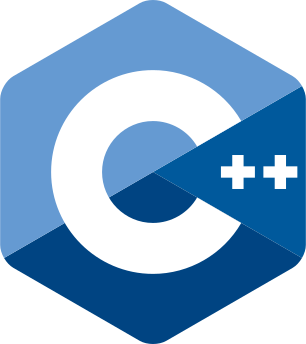
C++
Used in performance-critical systems, game engines, and embedded software. Hiring is tough: developers are often specialists with years of low-level experience, and competition for them is strong.

Clojure
A dynamic Lisp on the JVM, popular with teams that value functional programming and immutability. It has a small, loyal following but remains a niche ecosystem.

Dart
Driven almost entirely by Flutter’s success. Great for cross-platform apps, but outside that ecosystem adoption remains limited — meaning it’s a niche skill with fewer developers overall.

Elixir
Built on Erlang, it shines in high-concurrency web systems like chat or streaming apps. Still a growing community, but admired for developer happiness and operational resilience.

Go
Favoured by modern infrastructure and backend teams for its simplicity and performance. It’s easy to learn but has fewer developers overall, so hiring can still be competitive in some regions.
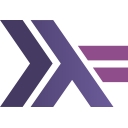
Haskell
Favoured by academics and enthusiasts for its functional purity. Used in niche domains like fintech and compilers, but hiring Haskell developers usually means recruiting for passion, not volume.
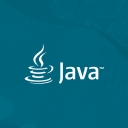
Java
A corporate mainstay and the backbone of enterprise software. Stable, mature, and widely supported — though younger developers often prefer newer languages unless the project scale justifies Java’s weight.
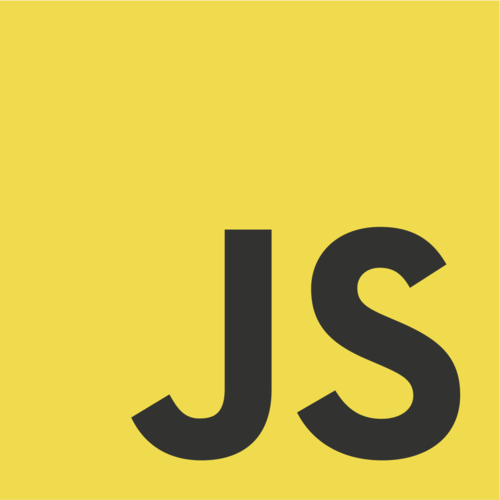
JavaScript
The foundation of web development and the most common language worldwide. Its ecosystem evolves rapidly, and while talent is abundant, keeping up with frameworks and tooling is an ongoing challenge.

Kotlin
The go-to choice for Android development and increasingly used on the backend. Its Java interoperability makes migration easy, and most modern Android teams have already transitioned to it.
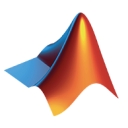
MATLAB
A mainstay in engineering, signal processing, and academia. Commercial use is fading as open-source alternatives grow, but it remains strong where mathematical modelling is critical.

Perl
Once a web scripting powerhouse, now mostly found in legacy systems and automation scripts. Expertise is rare, but those who still use it often maintain critical infrastructure.

PHP
Still powers a large chunk of the web through WordPress, Laravel, and legacy systems. There’s a huge talent pool, but skill levels vary widely — it’s easy to hire, but harder to find truly great engineers.

Python
Dominates data science, AI, and automation, with strong web frameworks like Django and Flask. Its versatility means developers come from diverse backgrounds, though senior backend specialists can be harder to find.

R
Deeply rooted in statistics and academia. It’s still widely used in data analysis and research, but in industry settings Python has largely overtaken it.

Ruby
Once the darling of startups thanks to Rails, it’s now a mature but smaller community. Still ideal for fast prototyping, but many companies have moved on, so senior talent is mostly found in established teams.
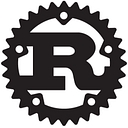
Rust
Gaining traction for systems programming and security-sensitive software. Its safety model is admired but has a steep learning curve, meaning experienced Rust engineers are in short supply.

Scala
Popular in data engineering and distributed systems, particularly older fintech and analytics stacks. It’s powerful but complex, and many teams struggle to find experienced developers.
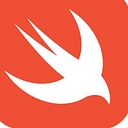
Swift
The primary language for iOS and macOS apps. Apple’s ecosystem guarantees steady demand, though roles are usually concentrated around mobile specialists rather than general software engineers.

TypeScript
Now the default for serious frontend and Node.js projects. It adds structure and safety to JavaScript, and most new developers learn it early — hiring tends to be straightforward for modern teams.